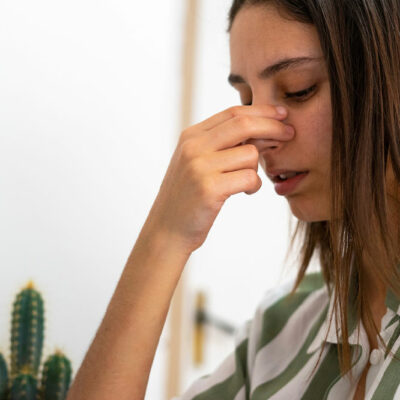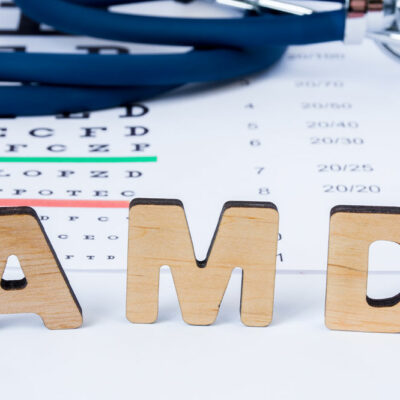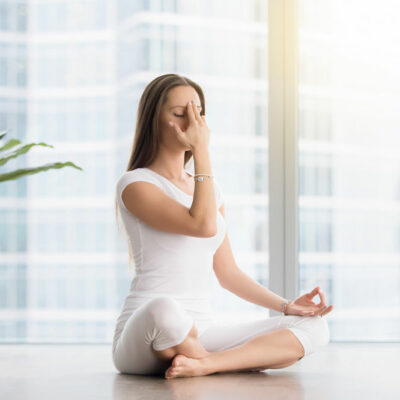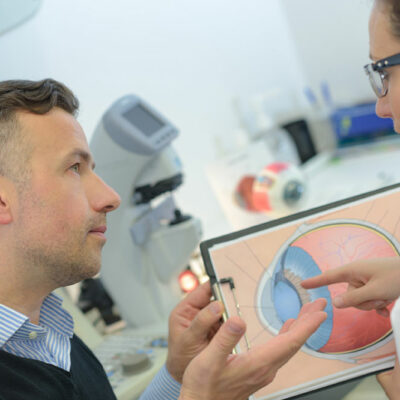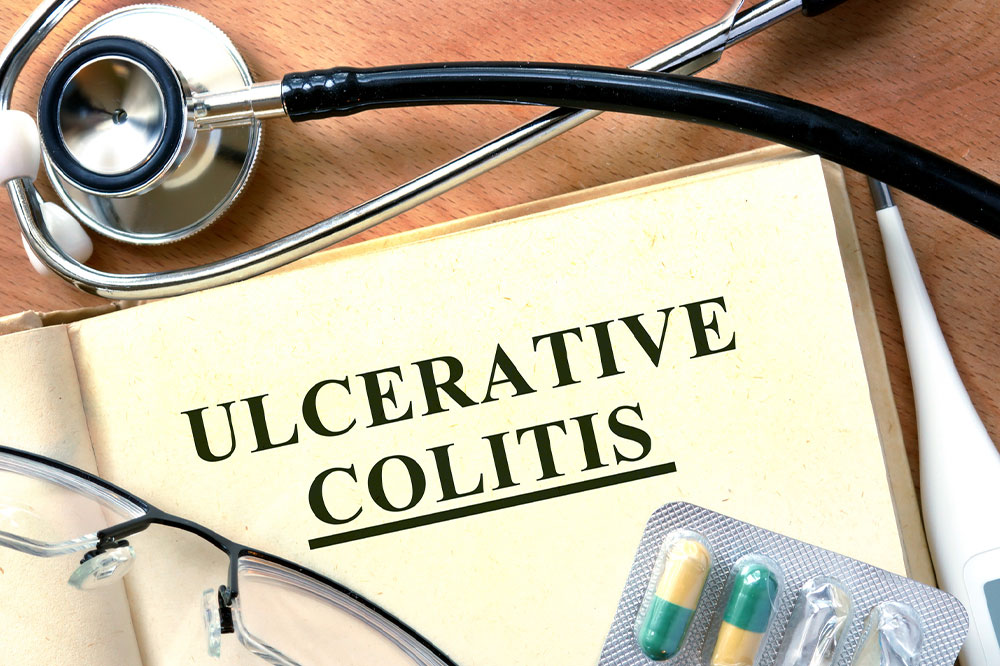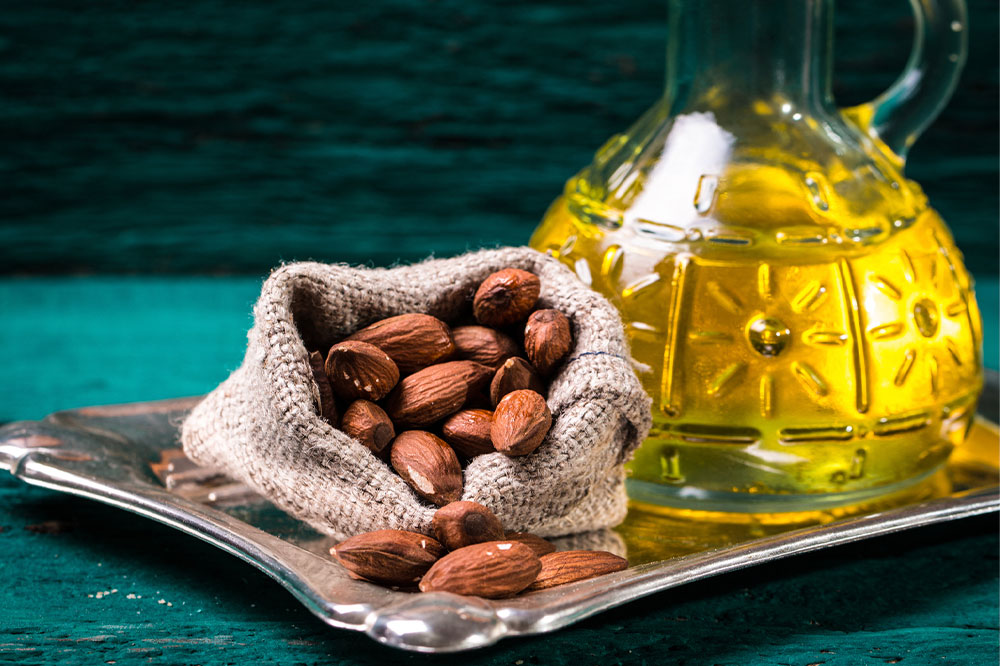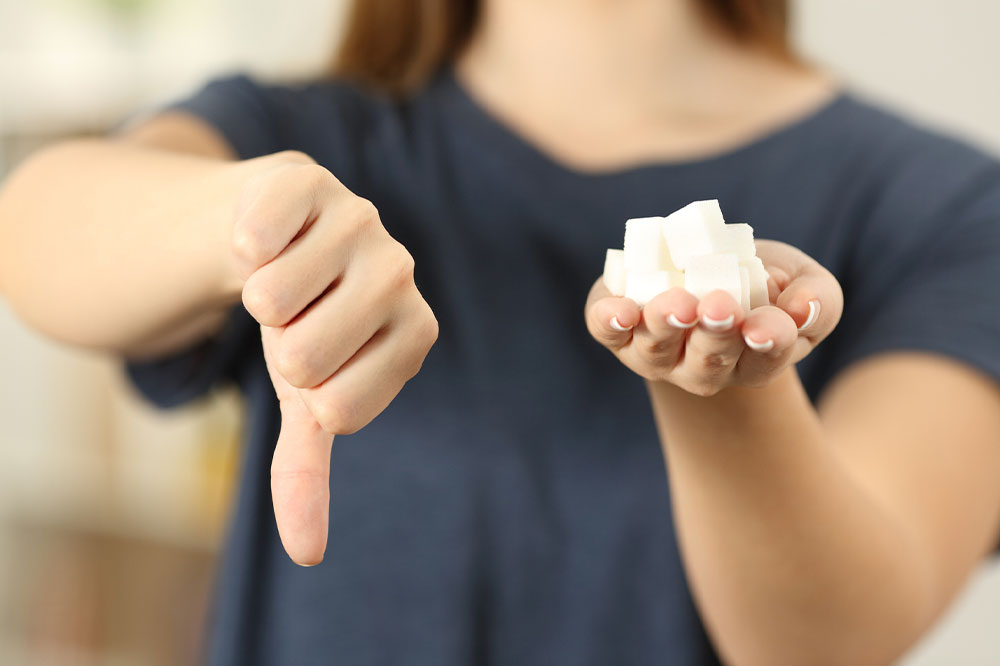5 natural remedies for anxiety management
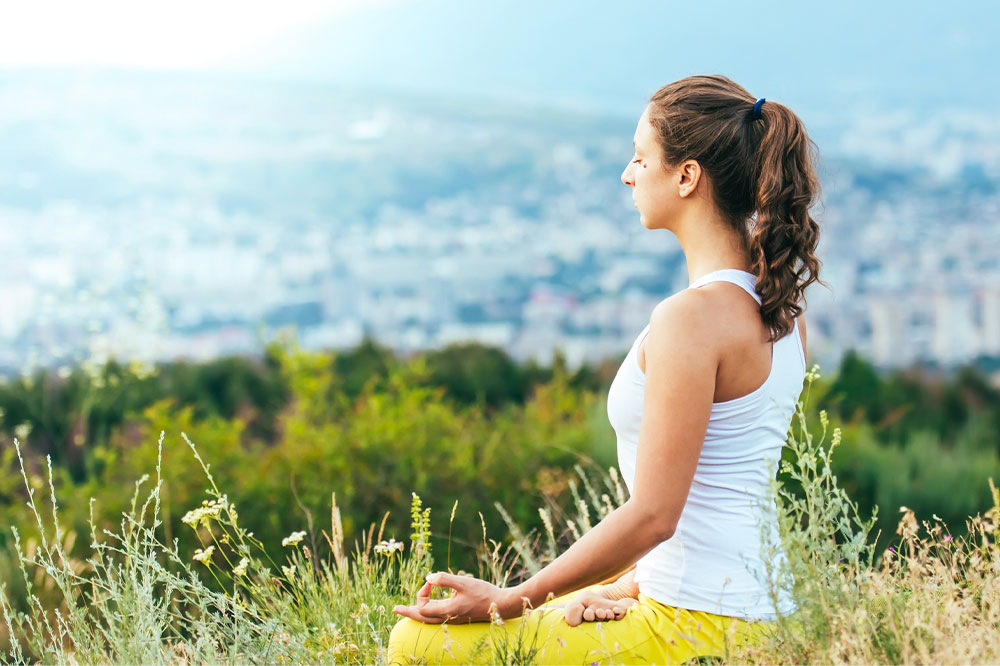
Most people experience anxiety and chronic stress at some point in life. It has been found that anxiety affects around 18% of grown-ups every year in the country. Anxiety may be considered the natural response of the body to stress. The symptoms are restlessness, rapid breathing, and increased heart rate. However, it presents itself differently for different people. There are various ways to treat the mental condition. Let us elaborate on five natural remedies for anxiety management.
Regular exercise
Exercise is considered one of the best ways to shed anxious energy, and thoughts and research have supported this. Regular exercise and staying active are not just about physical health, but it also helps in dealing with anxiety and stress. It is because staying active helps divert your attention from the thoughts that make you anxious. According to the American Psychological Association (APA), regular exercise is beneficial in treating mood disorders and anxiety in the same way as antidepressants. The experts have also depicted that regular exercise and staying active leads to the promotion of willpower and concentration in human beings and hence is helpful for treating specific anxiety symptoms. Various relaxation exercises may help to manage the condition. However, the type of exercises depend mainly on personal choice and healthcare advice. Also, it is best to consult the doctor depending on the type of physical activity you should undertake based on the overall health.
Meditation, yoga, and breathing exercises
Meditation helps deal with anxiety by reducing the racing thoughts that cause it. Various meditation styles are available, such as meditation during yoga, and mindfulness may help manage anxiety. Mindfulness-based mediation has been gaining popularity due to its effects in reducing disorders concerning anxiety and mood. Also, one of the best advantages of mindfulness meditation is that you can perform it anywhere and at any time. Deep breathing has also shown to be of great significance in reversing the stress response. When anxious, take deep and slow breaths through the nose. Also, ensure that diaphragm is being used and the belly is expanded during this exercise. When performed appropriately, it helps in soothing and calming the mind and body. The eight types of meditation styles are movement, spiritual, focused, mindfulness, transcendental, loving-kindness, mantra, and visualization meditation.
Balanced meal plans
It is always essential to check your eating habits if your mood worsens after eating any meal. It is suggested to stay hydrated, eliminate and reduce processed foods, and have balanced meals that include lean proteins, complex carbohydrates, vegetables, and fruits. Magnesium-rich foods are also recommended to help with anxiety and its effect. This includes items such as almonds, cashews, black beans, dark chocolate, spinach, and quinoa. Some researchers have also found a link between anxiety and vitamin D deficiency. Omega-3 is also beneficial in dealing with anxiety. Omega-3 fatty acids can be obtained from fish oil. B Vitamins help in limiting the stress response. However, before adding or eliminating any nutrient, it is suggested to consult the healthcare provider and follow their instructions. Experts recommend that you should not skip meals, and starting the day with a protein-rich breakfast might help manage anxiety.
Get good sleep
It has been found that sleep has a significant role in an individual’s overall health. Though anxiety makes sleeping challenging, poor sleep also worsens it. Sleep deprivation can trigger the condition. It has been found that people with anxiety face heightened symptoms if they get less sleep than required. Make sure to avoid the following activities before bed time
- Watching television
- using the phone, tablet, laptop, etc., in bed
- late-night binging
- Skipping dinner
- Having coffee
You should develop proper sleep habits and hygiene by keeping a calm and peaceful ambiance in the room while sleeping. Restful sleep can also be achieved by preferring to go to sleep at the same time each night. Also, note down your worries before going to bed so that the anxious thoughts can be kept at bay.
Complementary therapies
It has been found that talk therapy, also called psychotherapy, helps deal with and manage anxiety. However, there are various other therapies that could help with anxiety. These complementary therapies can be counted as:
- Acupuncture
Acupuncture is an ancient practice that has offered various benefits in dealing with anxiety for some time now. It can release the trapped energy inside the body. It has been found that Acupuncture is one of the best practical ways to treat anxiety and has fewer side effects, as it helps stimulate the body’s natural feel-good hormones and reduce the stress hormone level. It can give quick results within one or two sessions. - Aromatherapy
Aromatherapy is also considered a natural treatment for anxiety. It includes wearing or diffusing essential oils such as lavender, which possess calming and soothing properties. It is to be noted that one should check for allergies to the various essential oils and should use them after talking to the healthcare provider. - Music therapy
According to experts, music is considered the most common treatment for anxiety. While listening to music, the individual’s attention is shifted to the lyrics, which is valuable in creating and experiencing the different frequencies and vibrations. Therefore, it helps in calming the mind and reducing overall anxiety symptoms. - Animal therapy
It has been found that there is a connection between time spent with pets, reduced anxiety, and the stress caused by trauma. It is because pets offer love, kindness, and support. The 2015 systematic review suggests that spending time and grooming horses can help prevent thoughts that give rise to anxiety. - Havening
It helps reduce the anxiety and stress connected with negative emotions, memories, and thoughts.
Untreated anxiety could lead to worsening symptoms and stress. Apart from these five remedies, there are other ways to reduce and lower its effects. Therefore, it is always suggested to connect and talk with the healthcare provider to choose the correct therapy or treatment plan.


